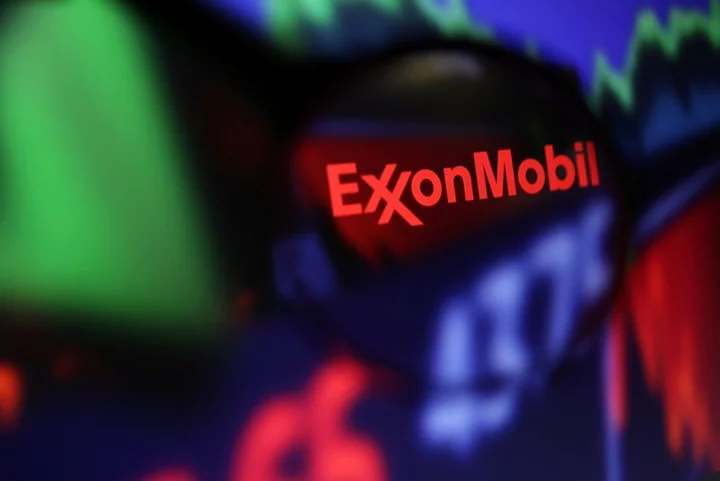WASHINGTON U.S. consumer spending slowed sharply in May, but persistently strong underlying inflation pressures could compel the Federal Reserve to resume raising interest rates next month.
Consumer spending edged up 0.1% last month, the Commerce Department said on Friday. Data for April was revised lower to show spending accelerating 0.6% instead of 0.8% as previously reported. Economists polled by Reuters had forecast consumer spending, which accounts for more than two-thirds of U.S. economic activity, rising 0.2%.
Last month's small gain implies consumer spending moderated in the second quarter after rising at its fastest pace in nearly two years in the January-March period. Nevertheless, the pace is probably still sufficient to help keep the economy expanding. Strong consumer spending accounted for the economy's 2.0% annualized growth pace last quarter, defying fears of a recession because of the Fed's hefty rate hikes.
Upbeat May data including job growth, housing starts and orders for long-lasting manufactured goods have led economists to expect that second-quarter gross domestic product growth would be close to the first-quarter pace. The Atlanta Fed is currently estimating GDP increasing at a 1.8% rate this quarter.
Consumer spending remains underpinned by strong wage gains in a tight labor market. But the outlook is less favorable. Most lower-income households are believed to have depleted savings accumulated during the COVID-19 pandemic.
About 26.6 million Americans with federal student loans will start making interest payments in October when a more than three-year moratorium ends. Morgan Stanley estimates that the hit to income at the disposal of households could lower inflation-adjusted consumer spending by about 10 basis points this year and slice off seven basis points from GDP growth.
The personal consumption expenditures (PCE) price index gained 0.1% in May after rising 0.4% in April. In the 12 months through May, the PCE price index advanced 3.8% after climbing 4.3% in April.
Excluding the volatile food and energy components, the PCE price index gained 0.3% after rising 0.4% in the prior month. The so-called core PCE price index increased 4.6% on a year-on-year basis in May after advancing 4.7% in April. The Fed tracks the PCE price indexes for its 2% inflation target.
(Reporting by Lucia Mutikani; Editing by Chizu Nomiyama)









